Doing Business in the Middle East – Expelling the Myth
Our Lead Consultant for the Middle East talks to us about conducting business in the Middle East and breaks some cultural stereotypes.
We live in an age of fast moving business and virtual transactions, where the explosion of the internet and social media has permanently changed how businesses operate; however for those organisations that have expanded into the Middle East, the corporate world is a very different place according to our cultural expert.
“Business is personal and having the best product or service is simply not enough,” says D, who provides cross cultural training for companies and their staff operating in the Middle East. “In the Middle East, people prefer to do business with people and organisations they know and trust”.
Increasing opportunities for British businesses in the Middle East has sparked the need for cultural training, as more Westerners relocate to take advantage of higher salaries, better jobs or – as an added bonus – the opportunity to live in warmer climates. But it is important to keep in mind that attitudes in the Middle East are different to the UK and these need to be understood and respected.
D, who has travelled and worked throughout the Gulf countries and the wider Middle East for decades, is a member of the team at Farnham Castle Intercultural Training, which boasts a strong track record in delivering intercultural business training, leadership development & global mobility programmes to FTSE100 organisations. She advises people relocating to the Middle East how to behave and communicate with their colleagues and neighbours.
D suggests that companies expanding into this market should take the time to build relationship with their Middle East counterparts, ideally face to face. Business and social matters are conducted differently and it is important to understand these differences so that no unintentional offense is caused. “The Middle East has very different attitudes to diversity than most of the West” says D. “And a lack of understanding about their attitudes to marriage, alcohol or public displays of affection with the opposite sex has landed many an ex-pat in trouble.”
However, one common misconception that she is keen to clarify is the perception that women are viewed as inferior to men in the Middle East. “As a business woman who had a long and successful corporate career before going into cross cultural consultancy, I can assure you that women can and do succeed in working in the Middle East. It is all about keeping it in perspective because we often only hear the horror stories about this part of the world, whereas in reality they are far from the norm. Although women are required to carefully consider how they dress and behave, this does not mean they are treated any less seriously within the business environment. In fact, they are highly respected and will often find themselves working alongside key male players.”
The Middle East has much to offer those who are adventurous enough to make the move, but it is important that you first seek expert advice on conducting or moving your business abroad, or you may just find that it is a cultural case of ‘lost in translation’.
To learn more about our training solutions for business success in the Middle East, and anywhere else in the world, see our Business Culture Training and contact us to discuss your requirements.


